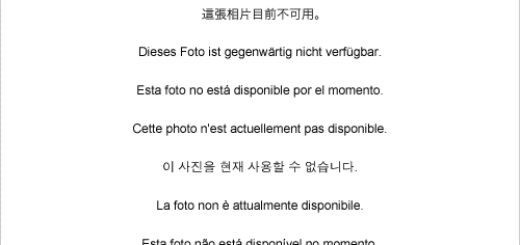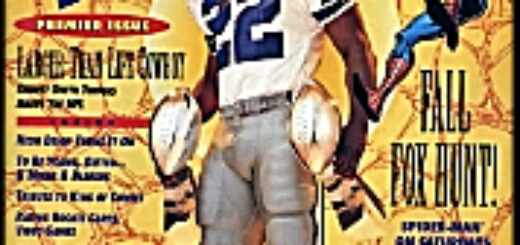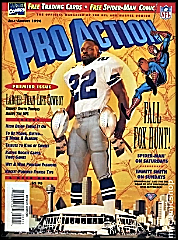Mindy Newell: Nerds Unite!
“Dude wore his nerdiness like a Jedi wore his light saber or a Lensman her lens. Couldn’t have passed for Normal if he’d wanted to.”
The Brief Wondrous Life of Oscar Wao, by Junot Diaz
Sometimes the universe borrows from [[[Moonstruck]]], giving you just the slap you need so that you “Snap out of it!”
Case in point…
In last week’s column I talked about how crazy I get when I meet people who aren’t readers, or people who only like to read “happy stories; of how I feel out of step with the people I work with, and, while I didn’t come out and say it directly, how much better I am than them.
Yeah, that last sentence was in there. Read it again. It’s in there, all right, “underneath” the written words. After it was posted, I realized that I had been in a really bad mood when I wrote it; my old friend, Mr. Clinical Depression, had dropped in for a short (very short) visit. My co-workers are not ignoramuses and the surgeons aren’t incredibly narrow-minded and impatient—strike that. A lot of them are. But not all of them.
Last Thursday I was the scrub on an OMFS case. (OMFS stands for Oral and Maxillofacial Surgery. It’s serious stuff, heavy-duty reconstructive dental and facial work, mostly trauma, and we do a lot of it at my hospital, which is northern New Jersey’s #1 trauma medical center.) Anyway, I don’t remember how the conversation got around to comics—oh, wait, I do remember. One of the residents mentioned to the surgeon that I was from Bayonne.
“Why is that important?” I asked.
“That’s where George R.R. Martin* is from. You know who he is, right?”
I nodded.
The chief resident said, “Dr. C—- is big into Game Of Thrones.”
“Yeah, I’m addicted to it,” said Dr. C—-. “Do you watch it? Did you read the book?”
“No,” I said. “Neither.”
“You really should,” said the surgeon.
I felt dreadfully embarrassed and wanted the earth to swallow me immediately.
“Mindy wrote comics back in the day,” said the chief resident.
“How’d you know that?” I asked him.
“I read your stuff.”
God, I felt old.
Then Dr. C— talked about Captain America: The Winter Soldier and how much he had loved it. Everyone who had seen it agreed, and those who hadn’t all said they were looking forward to it. I said, “I love the way Marvel is creating a film universe, just like they have in the comics. Even on TV, the way Agents Of S.H.I.E.L.D. is tying into Winter Soldier.
“Yeah, said my friend the geek surgeon, “It’s cool, isn’t it?”
“I love that show,” somebody said.
“I love Deathlok,” someone else said.
“Phil Coulson is so cool.”
“I love when Samuel Jackson shows up as Nick Fury,” said the medical student.
Then the third year resident said, “I love Deadpool.”
Dr. C—- said, “The X-Men rock! Did you know that they’re making Claremont and Byrne’s Days Of Future Past into a movie?”
The circulator said, “Hugh Jackman rocks!”
“They should make a movie about Gambit,” said the first year resident. “He’s always been my favorite.”
“And Rogue,” I said.
“I like Mystique,” said the rep from the company supplying the implants.
“Yeah,” said Dr. C—-. “Steve likes naked blue-skinned ladies.”
And for the next 90 minutes, as the case progressed, the surgical team talked about the X-Men and Iron Man and Thor and [[[Man Of Steel]]] and all things comics.
Yep, last Thursday the universe snapped me out of it…
And the surgery was successful, too.
- For those of you who don’t, George R.R. Martin is the award-winning author of the series of books that started with Game Of Thrones.
























